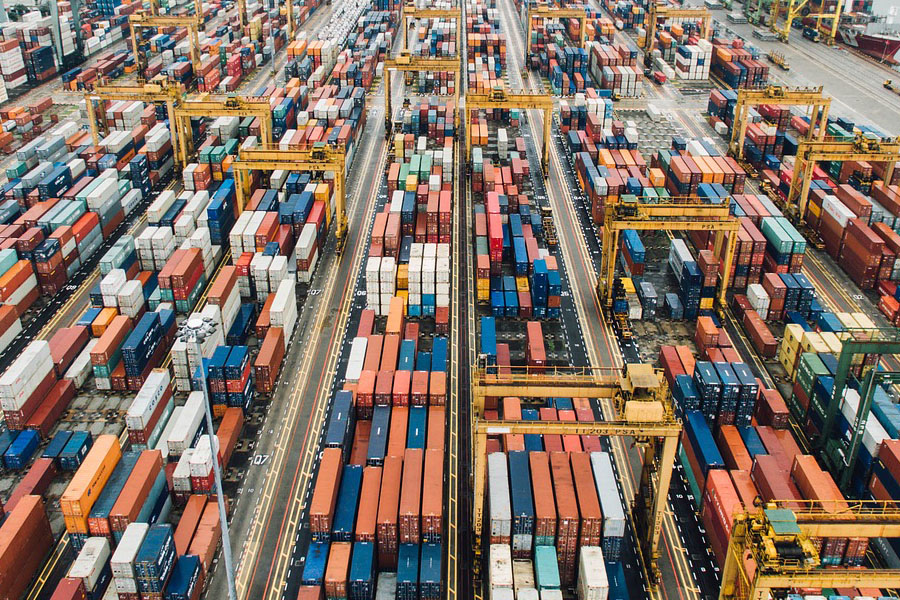
Must foreign trade exports be handled through agency companies?
According to the latest 2025 statistics from the General Administration of Customs, approximately 63% of export enterprises choose professional agency services. Whether an agent is necessary depends on:
- Enterprises own qualifications: If already possessing import-export rights and being familiar withcustoms clearanceProcesses, possessing logistics channels, capable of independent operation
- Business complexity level: For goods involving special supervision (such as hazardous materials, food), it is recommended to entrust professional agents
- Cost-benefit analysis: For small and medium-sized enterprises, agency fees are typically 40-60% lower than the cost of building an in-house team
What services do foreign trade agencies mainly provide?
High-quality agency companies should possess the following service matrix:
- Basic Services:
- Customs declaration and inspection (including the newly added cross-border e-commerce clearance module in 2025)
- International transportation solution design
- Trade documentation preparation and review
- Value Added Services:
- Export tax refundExpedited processing (can be shortened to as fast as 7 working days)
- Supply chain financial services
- Destination country compliance consultation (especially for addressing the new EU CBAM regulations)
How to evaluate the professional capabilities of foreign trade agencies?
It is recommended to evaluate through a three-dimensional assessment system:
- Qualification review: Check whether the business scope of the business license includes "import and export of goods," and confirm the AEO certification level with customs.
- Case verification: Request case studies from the past 2 years in the same industry, with focus on operational experience with special categories
- System capacity: Verify if equipped with intelligent customs declaration systems (such as systems supporting HS CODE intelligent classification)
What items are typically included in foreign trade agency fees?
2025 industry standard fee structure includes:
- Basic service fee (charged per document, typically in the range of 500-2000 RMB)
- Advanced tax payment (charging capital occupation fee at 0.1%-0.3% of cargo value)
- Special operation fees (such as hazardous materials declaration surcharges)
- It is recommended to compare quotation lists from at least 3 agencies, paying attention to hidden clauses
How to avoid common risks in foreign trade agency cooperation?
Recent typical cases reveal three key risk prevention points:
- Division of responsibilities: Clearly define liability clauses for customs declaration errors
- Security of funds: Establish joint accounts to avoid risks associated with collecting payments on behalf
- Data security: Sign confidentiality agreements to regulate commercial information usage
What are the new trends in agency services in the digital foreign trade era?
Three major transformations will emerge in the industry by 2025:
- The adoption rate of intelligent customs declaration systems has reached 78%, with processing time reduced to within 2 hours
- Carbon tariff (CBAM) declaration has become a standard service for European route agents
- Blockchain traceability services cover 30% of food/pharmaceutical export business
Whats the difference between traditional freight forwarders and comprehensive foreign trade agents?
Key differences are compared as follows:
- Scope of Services:
- Traditional freight forwarding: focuses on logistics transportation
- Integrated agency: covers full-chain services including finance, compliance, tax refund, etc.
- Risk Bearing:
- Traditional freight forwarding: mainly assumes transportation responsibilities
- Integrated agency: involves full-process responsibilities for trade compliance


 Follow Customer Service WeChat
Follow Customer Service WeChat